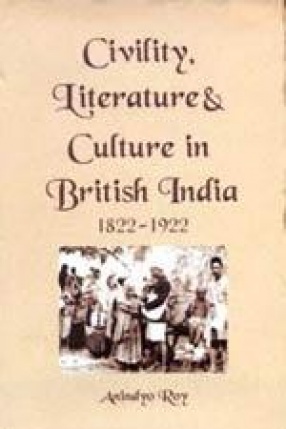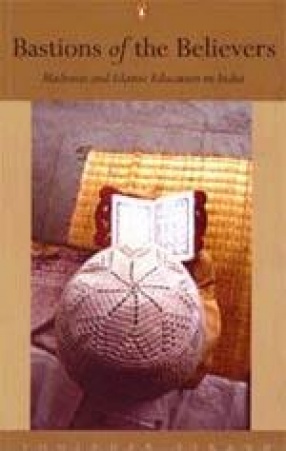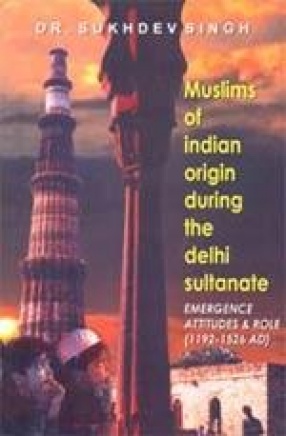"Civility," a normative code of behaviour in British nineteenth-century society, became a means of imposing control and effecting exclusion when transferred to the colonial domain. This study examines the manner in which "civility" emerged as the ethos of the British colonial state in the Indian subcontinent and emerged as a key discursive idea around which questions about citizenship, education, gender, race, labor and bureaucratic or civil authority were negotiated. This discourse of civility, Anindyo Roy argues, provided the basis for disciplinary mechanisms essential to managing the historical exigencies confronting the British Empire in India. He traces the genealogy of civility in nineteenth and early twentieth-century literature and culture, covering a wide array of texts by authors such as Scott, Trelawny, Mull, Kipling, E.M. Forster and Leonard Woolf, late Victorian Anglo-Indian poetry as well as colonial archives relating to parliamentary debates, cadetship in East India Company and politics on education, industry and commerce.
Bastions of the Believers: Madrasas and Islamic Education in India
The emergence of radical ...
$22.50
$25.00





There are no reviews yet.